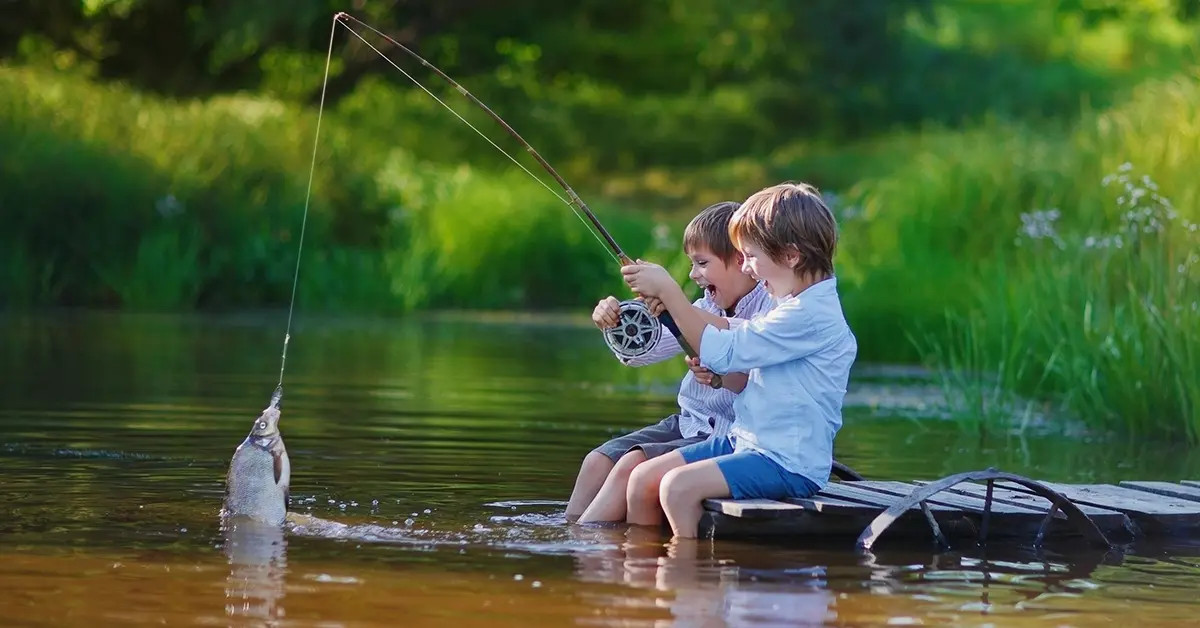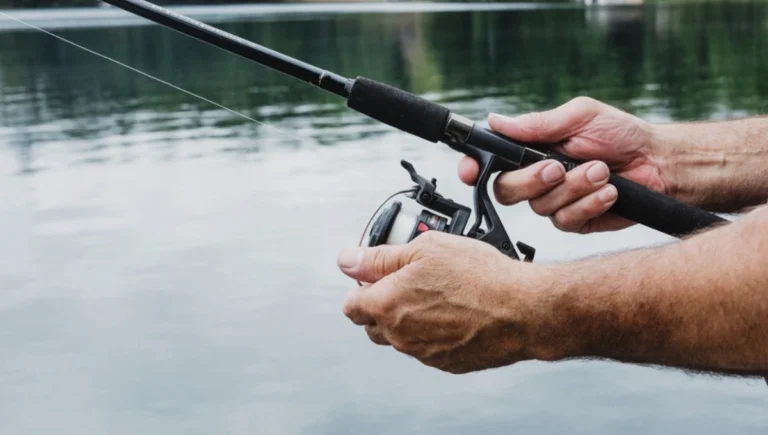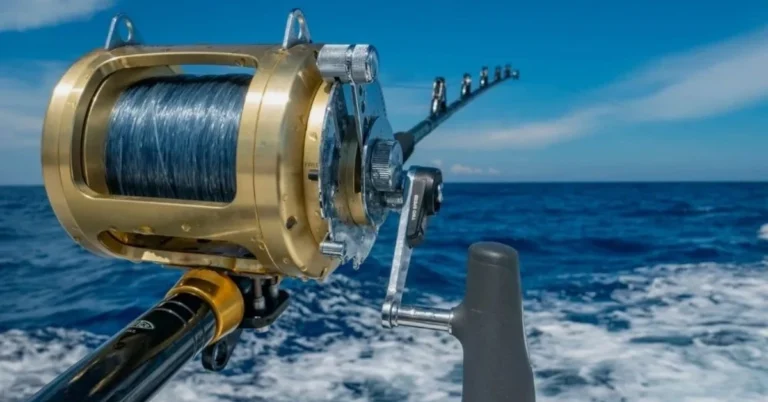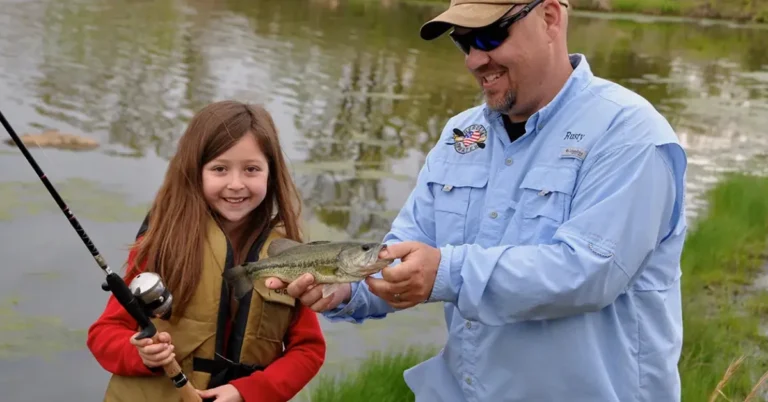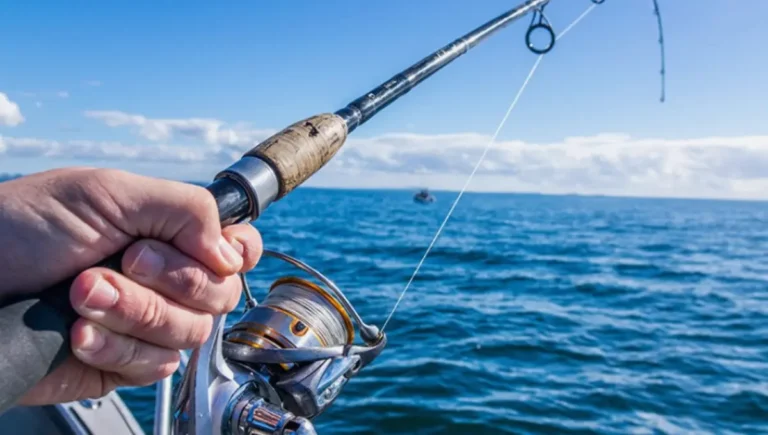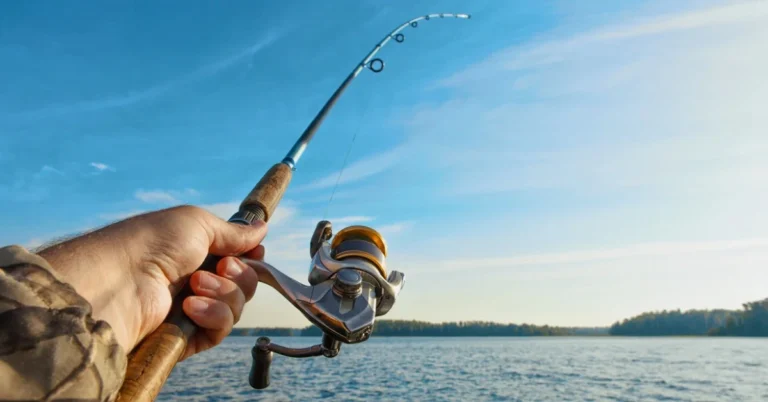Best Time For Fishing: Here’s What 513 Anglers Say
Many believe the best time to fish is early morning or late evening. This advice often comes from family or friends, passed down through generations. I’ve always trusted my father’s wisdom to fish when it’s dark.
However, there are no definitive data on the matter. We rely on what we’ve been told. Ultimately, the best time to fish might vary depending on location, weather, and your target type. Experimenting and finding what works best for you in your fishing adventures is essential.
Also Read: 10 Tips For Fishing To Help You Fish Better
How We Carried Out This Survey
After surveying 513 anglers and filtering out non-angler responses, we collected valuable insights on fishing preferences, including freshwater versus saltwater fishing. We reached out to our large audience through our website, offering a chance to win a Piscifun ICX Frost Carbon Ice Fishing Reel as a thank-you for participating.
To ensure data integrity, we requested each respondent to provide a photo of their fishing gear, confirming their status as anglers. From these insights, we’ve identified key takeaways that provide valuable information for fellow fishing enthusiasts.
Key Takeaways
- Early morning (6:00 am to 9:00 am) is the best time for fishing, according to 53.6% of surveyed anglers.
- Nighttime is the next best fishing period, with 28.5% of votes from anglers.
- Late morning and the afternoon to evening are considered the worst times for fishing.
- Late morning and the afternoon to evening are better for saltwater fishing than freshwater.
- Despite not being as ideal as early morning, nighttime is still a great fishing time.
- 6 in 7 anglers have no trouble catching fish at night, whether in freshwater or saltwater.
Optimal Time for Fishing
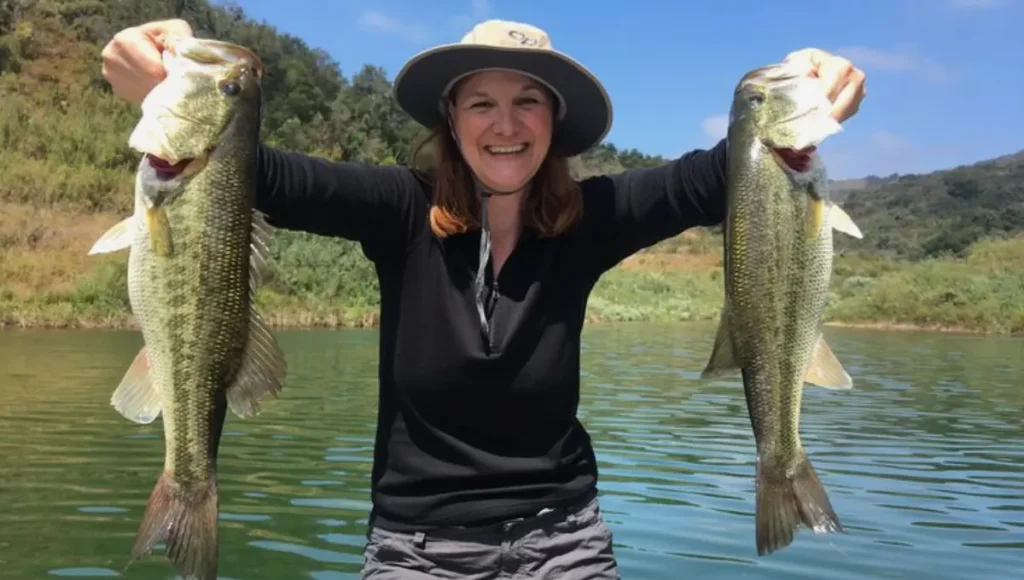
- Early morning, from 6:00 am to 9:00 am, is the top fishing time for over half of the anglers surveyed, at 53.6%.
- Evening is also a great time to fish, with 28.5% of respondents choosing it as their prime time for fishing.
- Late morning (9:00 am to 12:00 pm) and afternoon to evening (12:00 pm to 6:00 pm) are not ideal for fishing, selected by only 7.0% and 10.9% of respondents, respectively.
- According to the survey, early morning beats evening for fishing, with almost double the votes.
- However, evening remains an excellent time to fish, with more than 1 in 4 anglers reporting the most catches.
- Late morning and afternoon to the evening are not favored for fishing, as only 1 in 14 and 1 in 9 anglers report catching the most fish.
- Interestingly, fewer anglers believe early morning is the best time for saltwater fishing compared to freshwater fishing.
What Time Does Fish Bite?
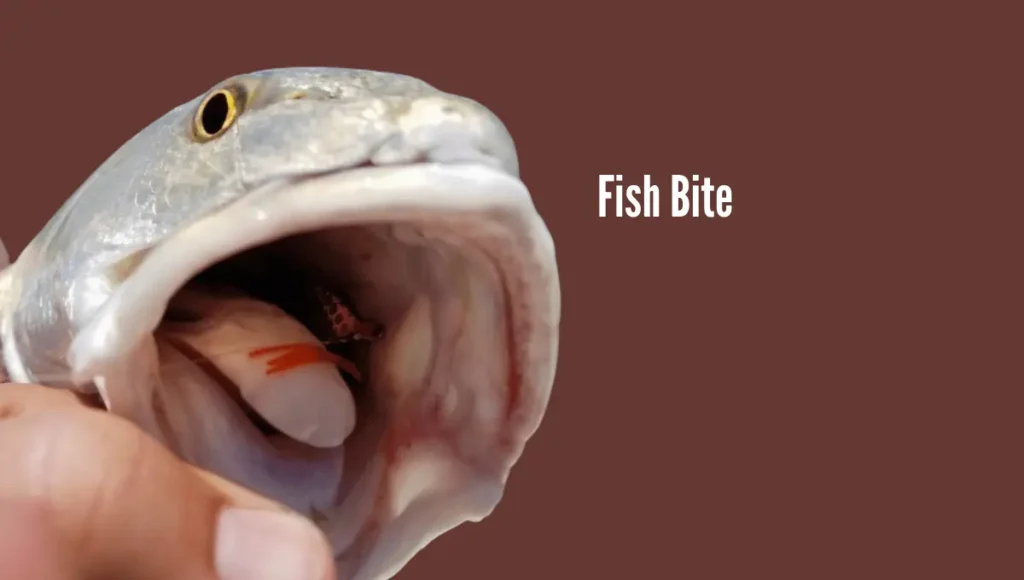
The results for fishing in freshwater are similar to those for fishing in general. Early morning is the top time for fishing, favored by almost 3 in 5 anglers (59.0%). Evening comes next, chosen by 24.1% of anglers. Late morning and the afternoon-to-evening period are less popular, with 6.2% and 10.7% of votes, respectively.
Early morning is less favored for saltwater fishing, with only 46.0% of anglers selecting it as the best time. The evening remains popular, with 24.5% of votes. However, more anglers prefer late morning (13.3%) and afternoon to evening (16.2%) for saltwater fishing.
These differences may be due to factors like tide timings and baitfish activity. Saltwater bodies have a wider variety of baitfish, increasing the chances of activity during these periods. Overall, early morning remains the best time for fishing, followed by evening. But for saltwater fishing, late morning to afternoon-evening is more viable than freshwater fishing.
Why It’s Hard To Determine
Many assume that figuring out the best time for fishing is straightforward. It’s logical to think that fish are most active when looking to feed. But when exactly are fish most active?
Scientists have found that the metabolism of cold-blooded creatures, like fish, slows down in cooler temperatures and speeds up in warmer temperatures. So, fish should be more active in the late morning and afternoon when the waters are warmer. However, the reality is more complex than that.
When Are Fish Most Active?
The Izaak Walton League of America, a respected environmental organization, explains that warmer temperatures boost fish metabolism and reduce the amount of oxygen dissolved in water. This can stress fish and disrupt their feeding behavior.
Fish may become less active and less likely to feed as water temperatures rise. This makes it difficult to determine the best time for fishing, as warmer temperatures can have conflicting effects on fish behavior.
Fish Feeding Times
According to Aqueon, a top aquarium equipment manufacturer, most fish feed in the early morning and at dusk. However, The Spruce Pets, backed by veterinary doctors, states that fish will eat whenever food is available, meaning they can feed at any time of day.
With conflicting information from reputable sources like Aqueon and The Spruce Pets, determining the best fishing times becomes even more challenging. Despite centuries of angler experience and age-old beliefs, without concrete evidence, it is necessary to pinpoint the ideal time for fishing.
Is Fishing At Night Good?
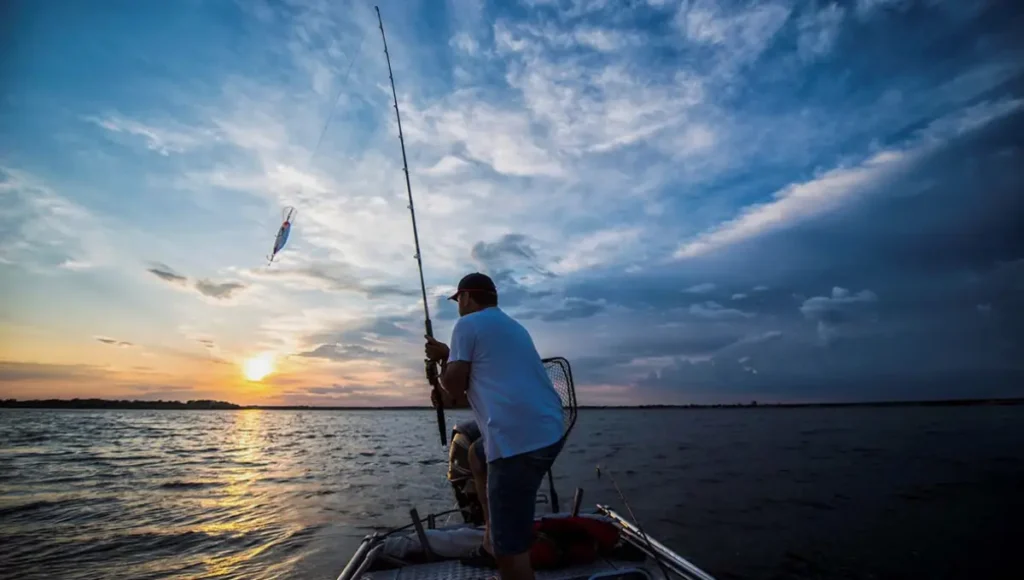
According to the survey, 76.3% of anglers believe nighttime is a favorable fishing period. While it may not be as optimal as early morning, most anglers agree it’s still an excellent time for fishing. Once more, we’ve conducted surveys covering both freshwater and saltwater fishing preferences.
Do Freshwater Fish Bite At Night?
An impressive 86.9% of surveyed anglers agree that freshwater fish bite at night. Among them, 57.7% report that the bites are strong, while 29.2% say they’re only decent. The night is a favorable time for freshwater fishing.
Even though about 3 in 10 anglers find the bites only decent, it’s reassuring that the fish are still biting. 13.1% of anglers report needing help catching freshwater fish at night.
Do Saltwater Fish Bite At Night?
Among surveyed anglers, 85% agree that saltwater fish bite at night. Similar to freshwater fish, 57.7% of anglers find that saltwater fish bite well at night, while 27.3% say the bites are only decent.
Overall, there’s little difference between freshwater and saltwater fish behavior at night. Most anglers find both types of fish bite well at night, with about a quarter reporting decent bites. Only 1 in 7 anglers need help catching fish at night.
Arowana vs. Anglerfish: A Comparison
Choosing the “best” fish between an Arowana and an Anglerfish depends on various factors such as personal preference, intended use, and characteristics of each species. The Arowana is prized for its striking appearance, graceful swimming, and popularity in aquariums due to its beauty.
On the other hand, the Anglerfish is known for its unique bioluminescent lure and ability to adapt to extreme deep-sea environments. Ultimately, the “best” fish is subjective and depends on what qualities and features are most important to the individual.
What are some interesting facts about angler fish?
- Bioluminescent Lure: One of their most distinctive features is a bioluminescent lure attached to their heads, which they use to attract prey in the ocean’s dark depths.
- Sexual Dimorphism: They exhibit extreme sexual dimorphism, where females are significantly larger than males. In some species, males are tiny compared to females and may even fuse to the female’s body.
- Parasitic Mating: Mating involves a unique parasitic relationship in certain anglerfish species, such as the deep-sea varieties. Males attach to females, eventually fusing with them and relying on them for nutrients.
- Adaptations to Low Light: Their bodies are adapted to survive in low-light environments with specialized sensory organs and elongated dorsal fins that act as sensitive antennae.
- Slow Metabolism: Anglerfish have slow metabolisms, allowing them to survive in environments where food is scarce.
Frequently Asked Questions
Conclusion
Morning’s best for fishing, backed by over half of the anglers. Evening’s good too, chosen by a quarter. Avoid mid-morning and afternoon. Saltwater fishing’s slightly better then, but mornings and evenings remain prime.
Your local experience matters most. Trust your gut if it disagrees with surveys. For guidance, this info helps you plan your trips better. Good luck fishing anytime you choose. And gear up right.
